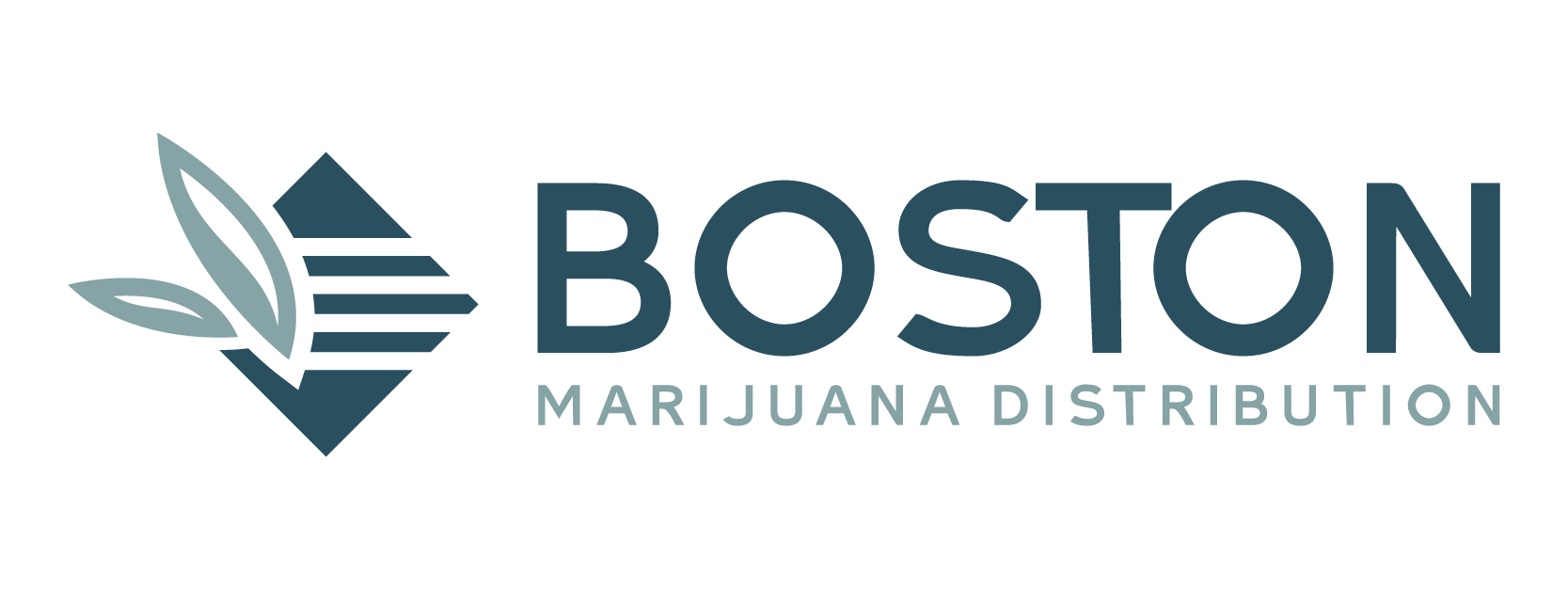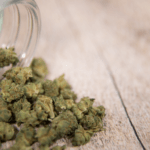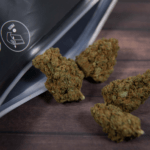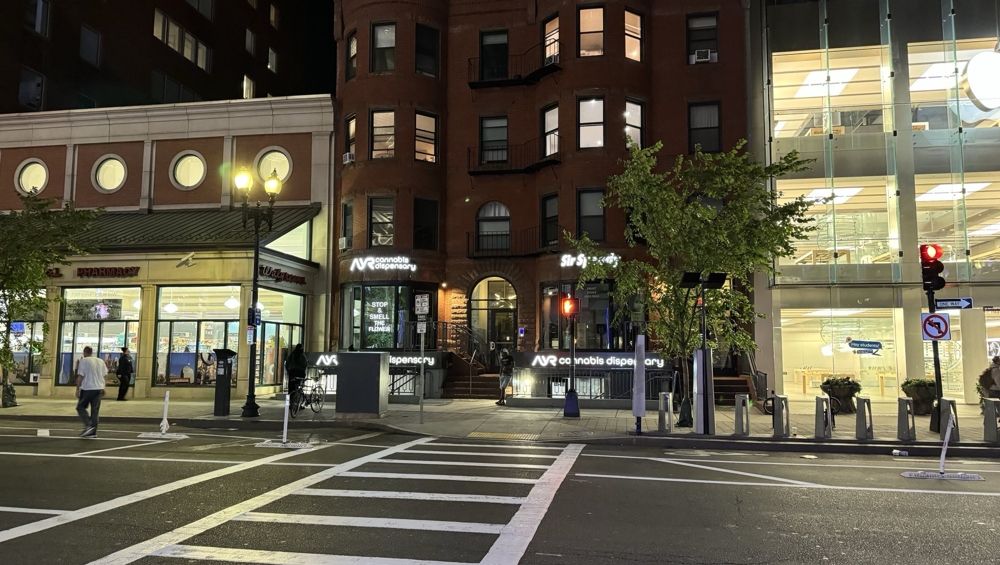Cannabis cultivation in Boston, Massachusetts, is not for the faint of heart. Between unpredictable New England weather and evolving consumer preferences, cultivators face a unique balancing act that requires both agricultural precision and sharp business acumen. As the legal cannabis market in Massachusetts continues to mature, growers have had to adapt their techniques to thrive under seasonal shifts while meeting the increasing demands of dispensaries and consumers.
Adapting to New England’s Climate
Boston’s climate can swing from bitterly cold winters to hot, humid summers—conditions that can wreak havoc on sensitive cannabis plants. These seasonal changes make outdoor cultivation particularly risky. To counter this, many Boston-area cultivators have shifted to year-round indoor growing facilities. These climate-controlled environments allow growers to fine-tune temperature, humidity, and lighting, ensuring consistent crop yields and quality regardless of outside conditions.
However, this approach isn’t without its trade-offs. Indoor cannabis cultivation is energy-intensive. In fact, it’s estimated that indoor marijuana growing operations account for about 10% of all industrial electricity use in Massachusetts. That’s prompted many growers to explore more energy-efficient alternatives, such as LED lighting systems, improved HVAC controls, and renewable energy sources like solar panels.
Some cultivators, especially those in more rural areas outside of Boston proper, are returning to greenhouse or outdoor grows during the warmer months to reduce costs and minimize environmental impact. Greenhouse grows leverage natural sunlight while offering partial environmental control—a compromise that can yield excellent flower when weather permits.
Staying Ahead of Market Demand
Massachusetts’ cannabis market has rapidly evolved since legalization, and Boston cultivators have had to keep pace with shifting demand from both dispensaries and consumers. One of the biggest challenges has been managing overproduction. Since recreational sales began in 2018, the market has seen a significant increase in licensed cultivators, leading to an oversupply of cannabis. As a result, wholesale flower prices have plummeted—falling nearly 70% in recent years.
To stay competitive, cultivators are relying on real-time data analytics and predictive modeling to forecast demand and plan production cycles more accurately. This data-driven approach helps them avoid costly overproduction while ensuring enough product is available during peak retail seasons, such as 4/20, summer tourism months, and the winter holidays.
Many growers are also diversifying their product lines beyond traditional flower. Concentrates, edibles, tinctures, and infused pre-rolls offer higher margins and align with evolving consumer trends. Microdosing, wellness products, and terpene-rich strains are increasingly popular among Boston’s health-conscious and older consumers—prompting growers to fine-tune their genetics and cultivation methods to match demand.
Working with Dispensaries
Boston’s cannabis cultivators are closely linked to the state’s vertically integrated system, where many operators grow, process, and retail their own products. Even for those supplying third-party dispensaries, relationships are key. Reliable supply, consistent quality, and responsive communication with retail partners can determine whether a cultivator’s product ends up on prime shelf space or sits in inventory.
Many cultivators meet with dispensaries to plan for seasonal promotions, limited-edition strain drops, and co-branded product launches. This collaboration not only helps manage demand but also builds brand equity in a crowded market.
Key Takeaways
Successfully cultivating cannabis in Boston requires more than just horticultural skill. It demands strategic foresight, technological innovation, and adaptability to an ever-changing environment—both literal and economic. As the industry matures, cultivators who can anticipate seasonal swings, optimize growing conditions, and align production with market demand are the ones best positioned for long-term success.







